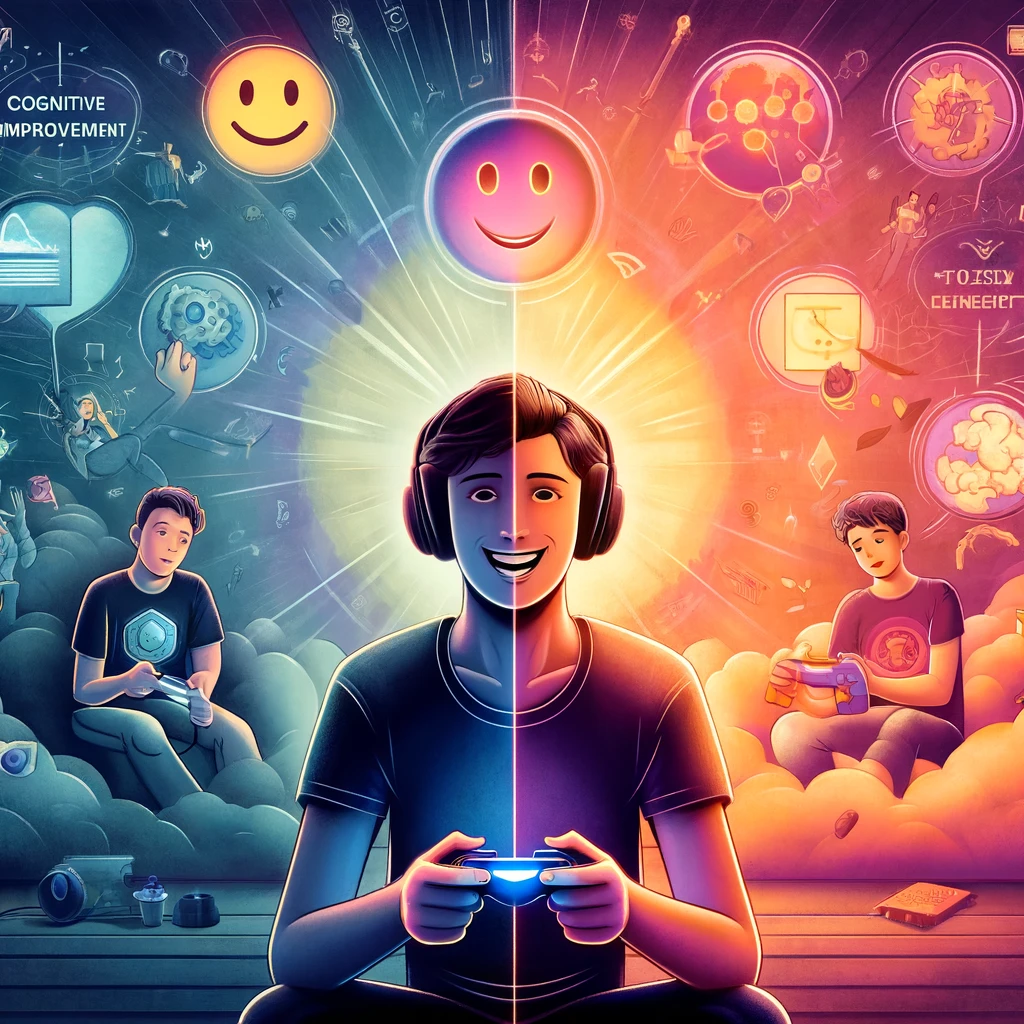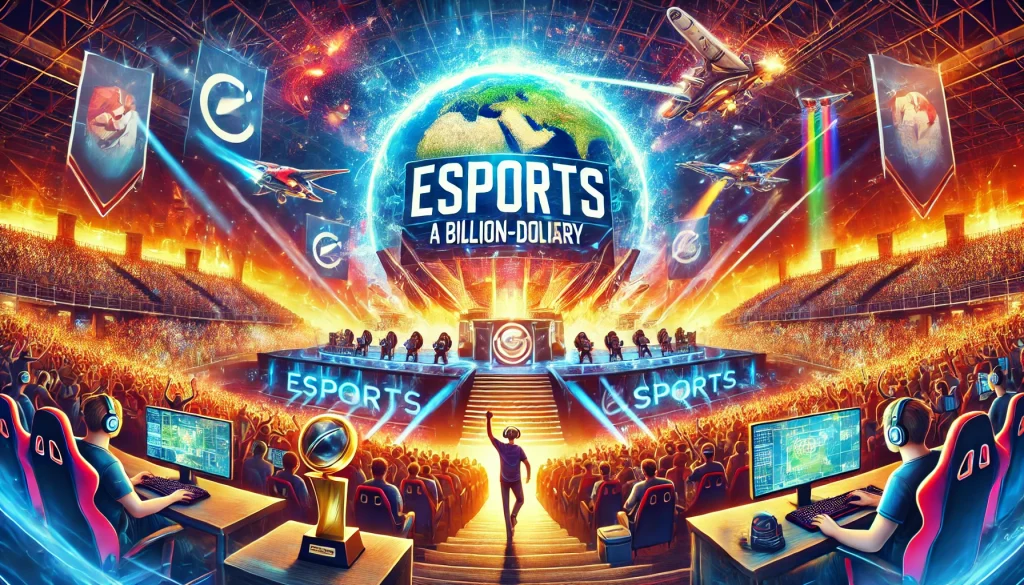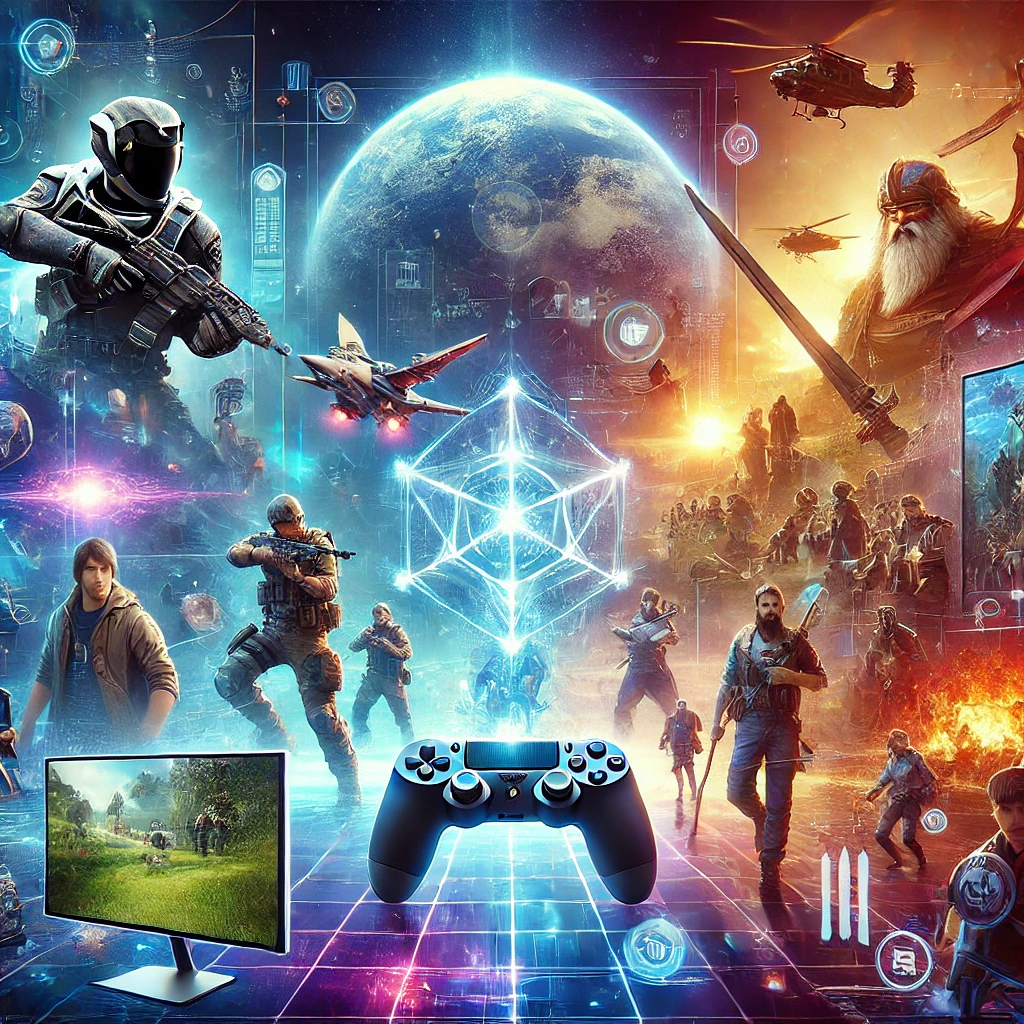Online gaming has evolved from a pastime into a global movement. With millions of players around the world, it has become more than just entertainment. It plays a significant role in our culture and social interactions. But its effects on mental health have sparked much debate, with both positive and negative outcomes. This article delves into how online games influence mental health, presenting both their advantages and their drawbacks.
Benefits of Online Games for Mental Health
1. Stress Relief and Relaxation
Online games provide an escape from everyday stress. The engaging worlds, captivating stories, and interactive play help players relax and forget their troubles temporarily. Research indicates that gaming can reduce cortisol levels, the stress-related hormone, making it an effective way to unwind.
2. Cognitive Development
Certain online games, particularly those involving strategy, puzzles, and role-playing, demand critical thinking, problem-solving, and multitasking. Regular play can enhance cognitive abilities such as memory, focus, and decision-making. For instance:
- Strategy Games: Titles like StarCraft improve planning and resource management skills.
- Puzzle Games: Games like Portal boost spatial awareness and logical thinking.
3. Social Connection
Many online games are social by nature, fostering community among players. Multiplayer games like World of Warcraft or Fortnite encourage teamwork, cooperation, and friendship-building, sometimes spanning continents. These virtual connections can be especially meaningful for those with social anxiety or feelings of isolation, offering valuable social interactions.
4. Emotional Resilience
Games often feature failure as a core element. Players must repeatedly try to overcome obstacles, which builds emotional resilience and teaches perseverance. This ability to handle setbacks in a game can translate to greater resilience in real-life situations.
5. Therapeutic Applications
The use of games in mental health treatment, known as gamified therapy, is gaining traction. Examples include:
- MindLight: A game that helps children manage anxiety using biofeedback.
- VR Games: Virtual reality can treat PTSD and phobias by creating controlled exposure scenarios.
Challenges of Online Games for Mental Health
1. Gaming Addiction
A major concern is the risk of gaming addiction, recognized as Gaming Disorder by the World Health Organization (WHO). Symptoms include:
- Persistent gaming despite adverse effects.
- Ignoring personal, social, or work responsibilities.
- Inability to limit or stop playing.
Extended gaming can result in sleep loss, poor physical health, and worsened mental well-being.
2. Social Isolation
While games can build connections, too much play might lead to real-world social withdrawal. Some players may neglect real-life interactions in favor of virtual relationships, causing loneliness and isolation.
3. Aggression and Toxicity
Certain game genres, like first-person shooters, have been criticized for possibly increasing aggression. Furthermore, online games can expose players to toxic behavior, such as harassment and bullying, which can harm mental health, especially for younger or more vulnerable individuals.
4. Escapism and Avoidance
Although gaming can temporarily relieve stress, over-reliance on it to cope with real-life problems can lead to avoidance. This escapism may worsen underlying mental health issues like depression or anxiety.
5. Financial Stress
Microtransactions, loot boxes, and pay-to-win models can lead to overspending, causing financial difficulties.
Online gaming has a profound impact on mental health, offering both benefits and challenges. While it can provide stress relief, cognitive development, social connection, emotional resilience, and therapeutic applications, it also poses risks such as addiction, social isolation, aggression, escapism, and financial strain. Balancing playtime and being mindful of these effects can help players enjoy the benefits while minimizing the downsides.
Balancing Act: Fostering Healthy Gaming Practices
Many gamers feel the need to stay competitive, leading to impulsive spending which can increase stress and feelings of guilt.
Finding the Right Balance: Healthy Gaming Practices
To fully enjoy the positives of online gaming while avoiding the negatives, it’s important to develop healthy gaming habits. Consider the following advice:
- Set Limits on Playtime
- Regulate how much time you spend playing each day or week to avoid excessive gaming and maintain a balanced lifestyle.
- Value Real-Life Connections
- Prioritize your interactions with family and friends. Use gaming to complement your social life, not replace it.
- Take Regular Breaks
- Frequent breaks during gaming sessions prevent fatigue and help maintain focus. Follow the 20-20-20 rule: every 20 minutes, look away from the screen for 20 seconds.
- Choose Games Wisely
- Pick games that support your mental health objectives. For relaxation, try soothing games like Animal Crossing. For mental stimulation, opt for puzzle or strategy games.
- Handle Toxic Behavior
- Use game features to block or report abusive players. Focus on games with welcoming communities and supportive environments.
The Influence of Parents and Educators
For younger gamers, guidance from parents and teachers is crucial in developing healthy gaming habits:
- Monitor Playtime
- Implement parental controls to set suitable gaming time limits.
- Discuss Game Content
- Talk about the themes and content of the games being played.
- Promote Offline Activities
- Encourage a balance between gaming and other activities like outdoor play, sports, and hobbies.
Future Directions in Gaming and Mental Health
- Therapeutic Gaming
- More games will be designed to help with mental health issues like anxiety, depression, or ADHD as research in this area grows.
- AI in Gaming
- Games driven by AI can adjust to a player’s emotions, providing personalized experiences that support mental well-being.
- Rising Awareness
- Game creators are increasingly aware of gaming’s impact on mental health. Tools such as screen time reminders, parental controls, and reporting abusive behavior are becoming standard.
- Virtual Reality (VR)
- VR games will likely play a bigger role in mental health treatment, offering immersive experiences for relaxation, exposure therapy, and skill development.
Conclusion
Online games offer both advantages and challenges for mental health. They can enhance cognitive skills, reduce stress, and build social connections. However, they also pose risks like addiction and social isolation. By understanding these dynamics and encouraging healthy gaming practices, players can reap the benefits of online games while protecting their mental health. As gaming continues to evolve, it could become a more powerful tool for improving mental health, making it vital to approach gaming with care and balance.



